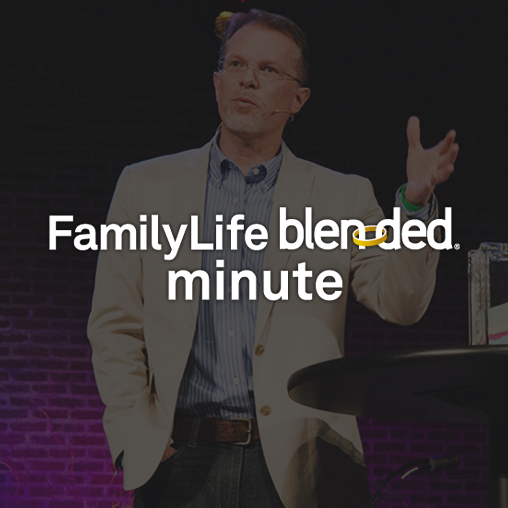
Avoid Regret. Slow Down.
You know, Ron, they tried to tell me to slow down. But I just didn’t listen.

Show Notes
Find out more at familylife.com/blended
Check out our blended family resources.
Listen to the full-length FamilyLife Blended podcast.
Contact us, email blended@familylife.com
About the Host

Ron Deal
Ron L. Deal is one of the most widely read and viewed experts on blended families in the country. He is Director of FamilyLife Blended® for FamilyLife®, founder of Smart Stepfamilies™, and the author and Consulting Editor of the Smart Stepfamily Series of books including the bestselling Building Love Together in Blended Families: The 5 Love Languages® and Becoming Stepfamily Smart (with Dr. Gary Chapman), The Smart Stepfamily: 7 Steps to a Healthy Family, and Preparing to Blend. Ron is a licensed marriage and family therapist, popular conference speaker, and host of the FamilyLife Blended podcast. He and his wife, Nan, have three sons and live in Little Rock, Arkansas. Learn more at FamilyLife.com/blended.